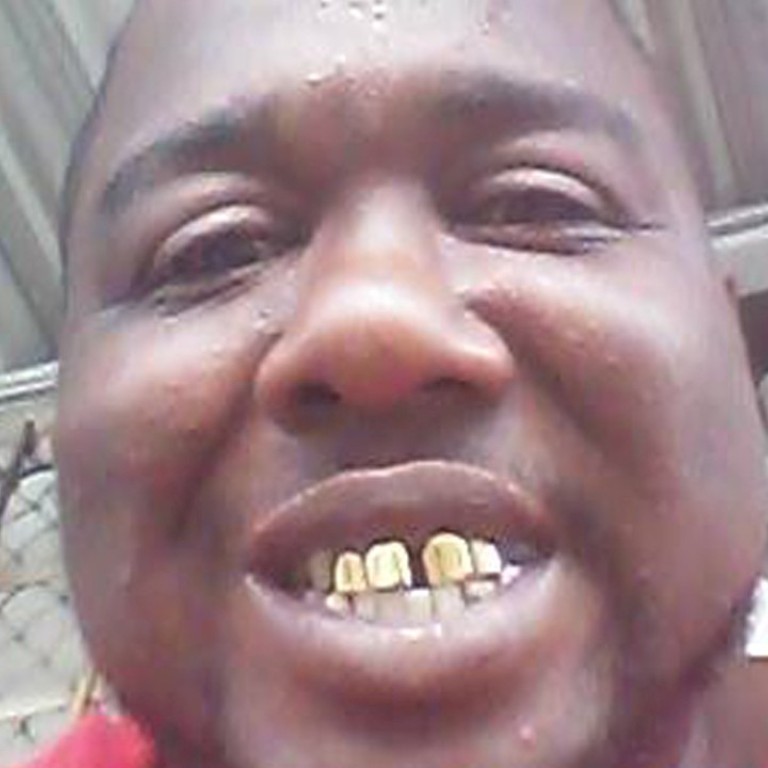
Louisiana police officers who shot unarmed black man Alton Sterling in 2016 will not be charged in his death
Federal law sets a very high bar for civil rights charges against officers, requiring that authorities prove an officer’s intent at the time of the shooting
Authorities in Louisiana said on Tuesday that the Baton Rouge police officers involved in the fatal shooting of Alton Sterling will not face criminal charges, a decision announced nearly two years after his death prompted intense protests.
The announcement makes Sterling’s death the latest high-profile police shooting to end without charges for the officers involved, following the decision by federal authorities last year not to prosecute either officer in the case.
Sterling was killed in July 2016 by officers responding to a call about a man who had threatened someone with a gun. The Baton Rouge officers then encountered Sterling, 37, selling CDs outside a convenience store and fatally shot him during an encounter that lasted less than 90 seconds.
“This decision was not taken lightly,” Louisiana Attorney General Jeff Landry said during a news briefing. “I know the Sterling family is hurting. I know that they may not agree with this decision.”
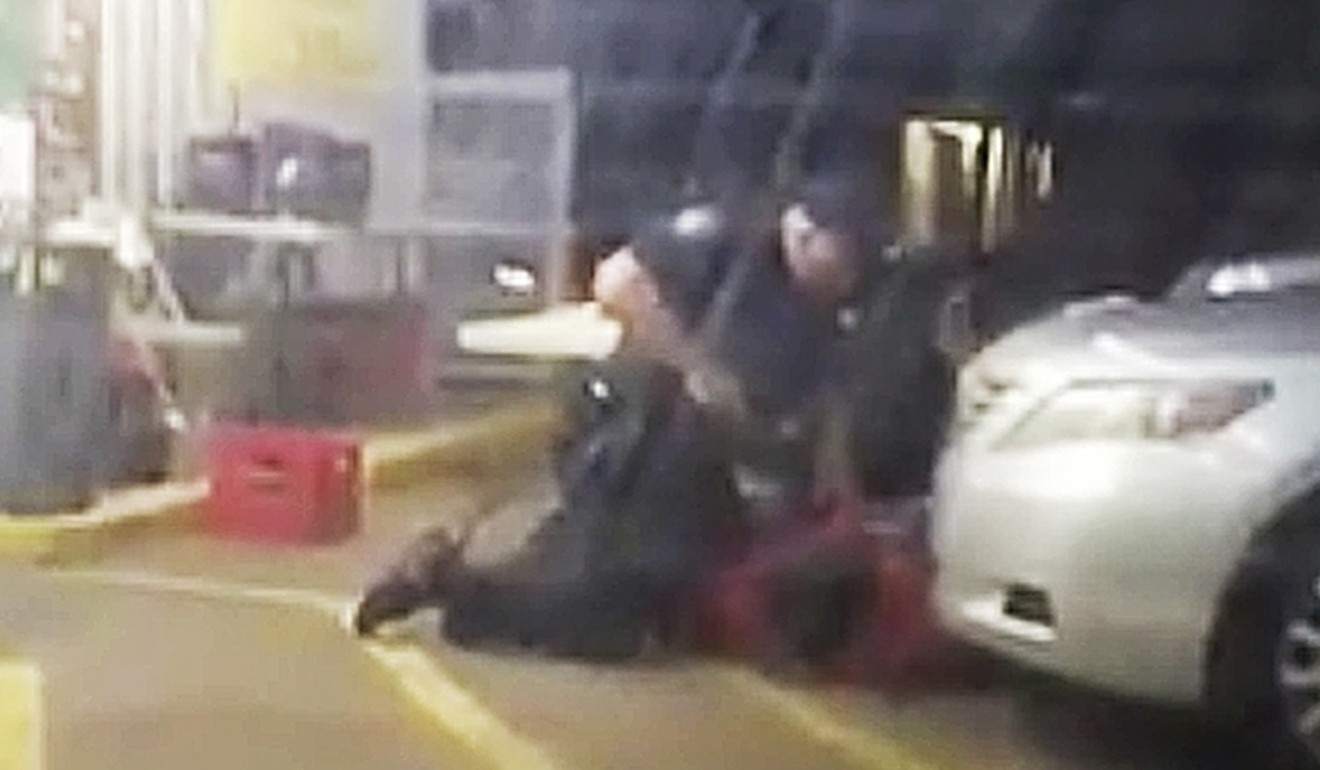
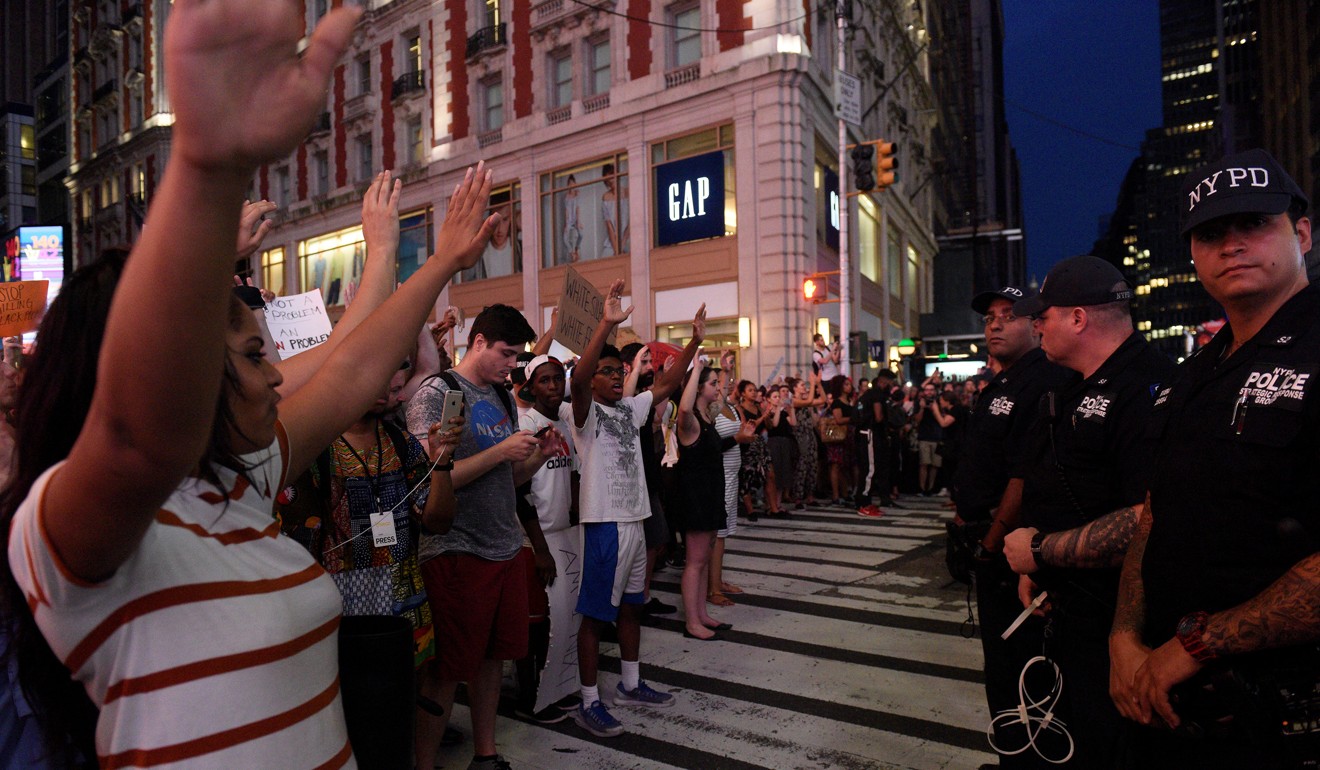
The Justice Department said last year it decided against bringing federal charges against officers Blane Salamoni and Howie Lake II, concluding that there was “insufficient” evidence to prove that they violated Sterling’s civil rights.
Federal law sets a very high bar for civil rights charges against officers, requiring that authorities prove an officer’s intent at the time of the shooting.
Landry said that the state could not proceed with a prosecution of either officer, based on an extensive review of evidence gathered by federal authorities as well as his office’s own investigation.
During a 20-minute announcement detailing his decision, Landry said the investigation concluded that both officers “attempted to make a lawful arrest of Alton Sterling based upon probable cause.”
He said that the officers acted on the assumption that Sterling was armed while resisting the officers’ attempts to arrest him. After Sterling was shot, Lake found and removed a loaded .38 calibre handgun from Sterling’s right front pocket, according to Landry’s office.
Landry also said toxicology reports showed that Sterling had drugs in his system at the time of his death, which Landry linked to Sterling’s behaviour during his encounter with police.
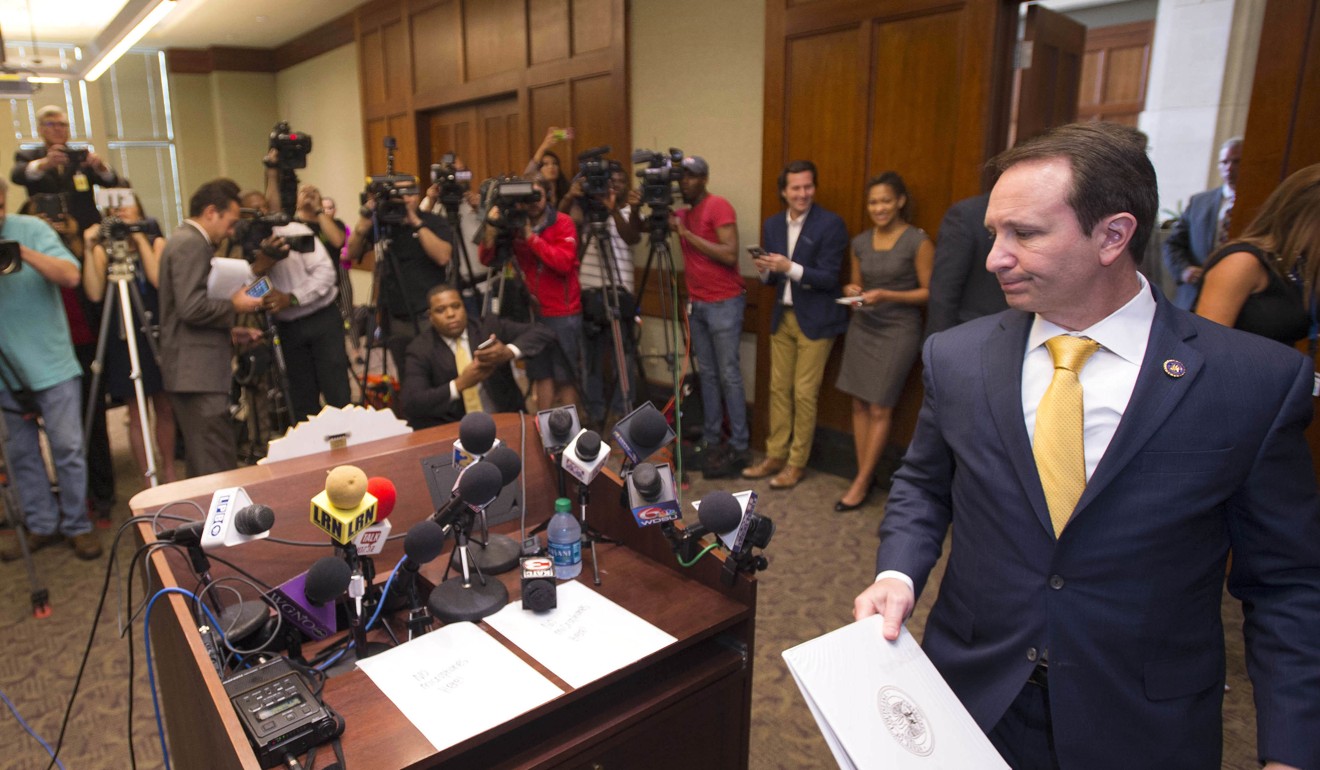
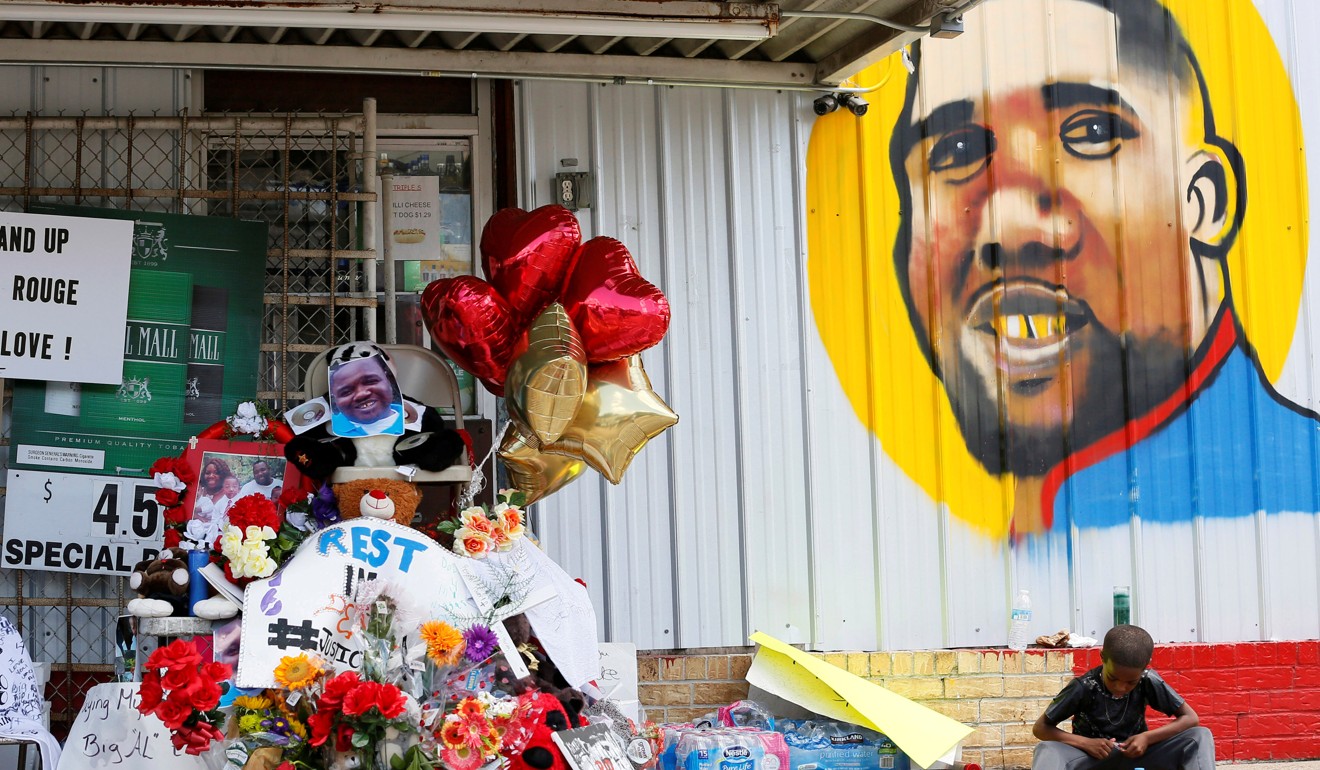
“It is reasonable that Mr Sterling was under the influence and that contributed to his non-compliance,” said Landry, who did not take questions after announcing his decision.
Landry’s office also released a 34-page report which said Sterling’s body tested positive for opioids, cocaine and other drugs, results that “clearly indicated that he was under the influence of a combination of illegal substances,” this report stated.
The same report also said that Sterling’s autopsy showed he had been shot six times – three times in the chest and three times in his back – and that all six bullets were recovered from his body.
His cause of death was deemed a homicide caused by gunshot wounds to his heart, lung, and liver.
Sterling’s death in July 2016 came at a fraught moment of racial tension nationwide amid shootings by and of police officers.
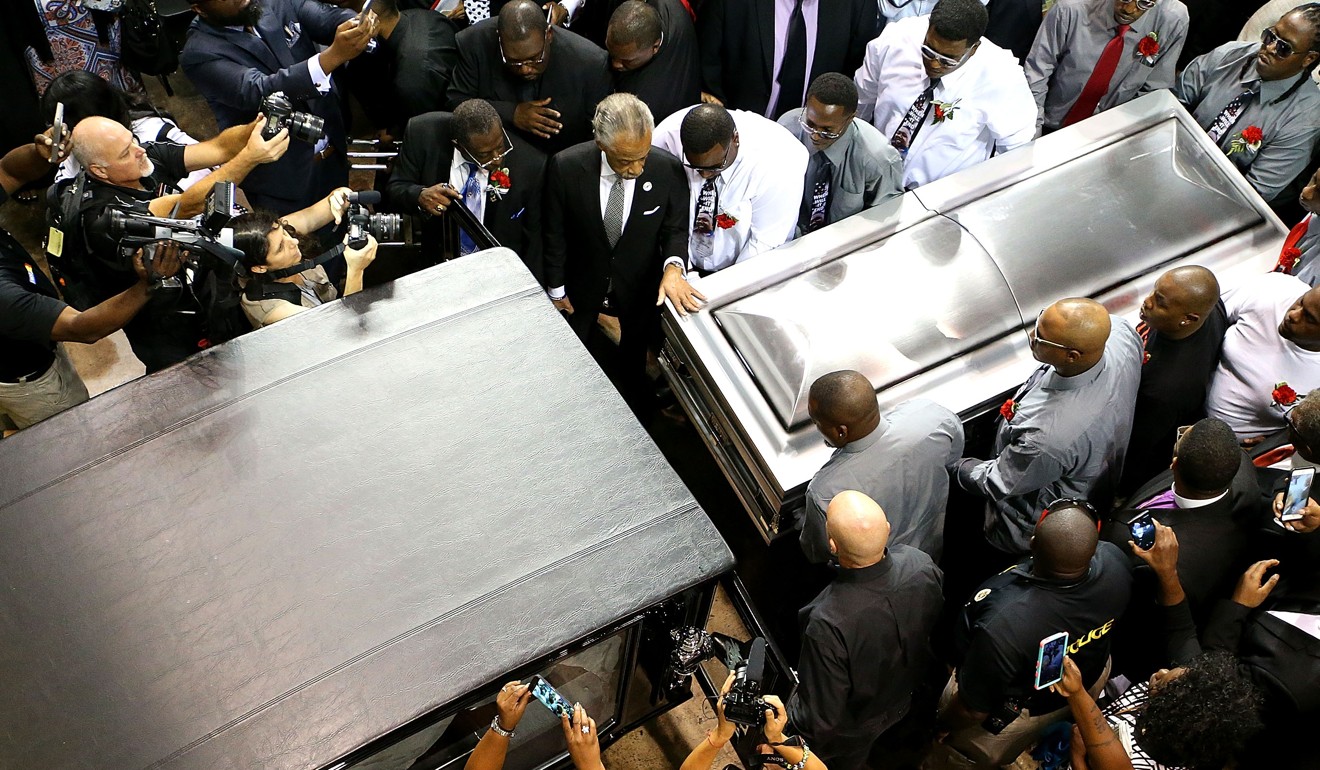
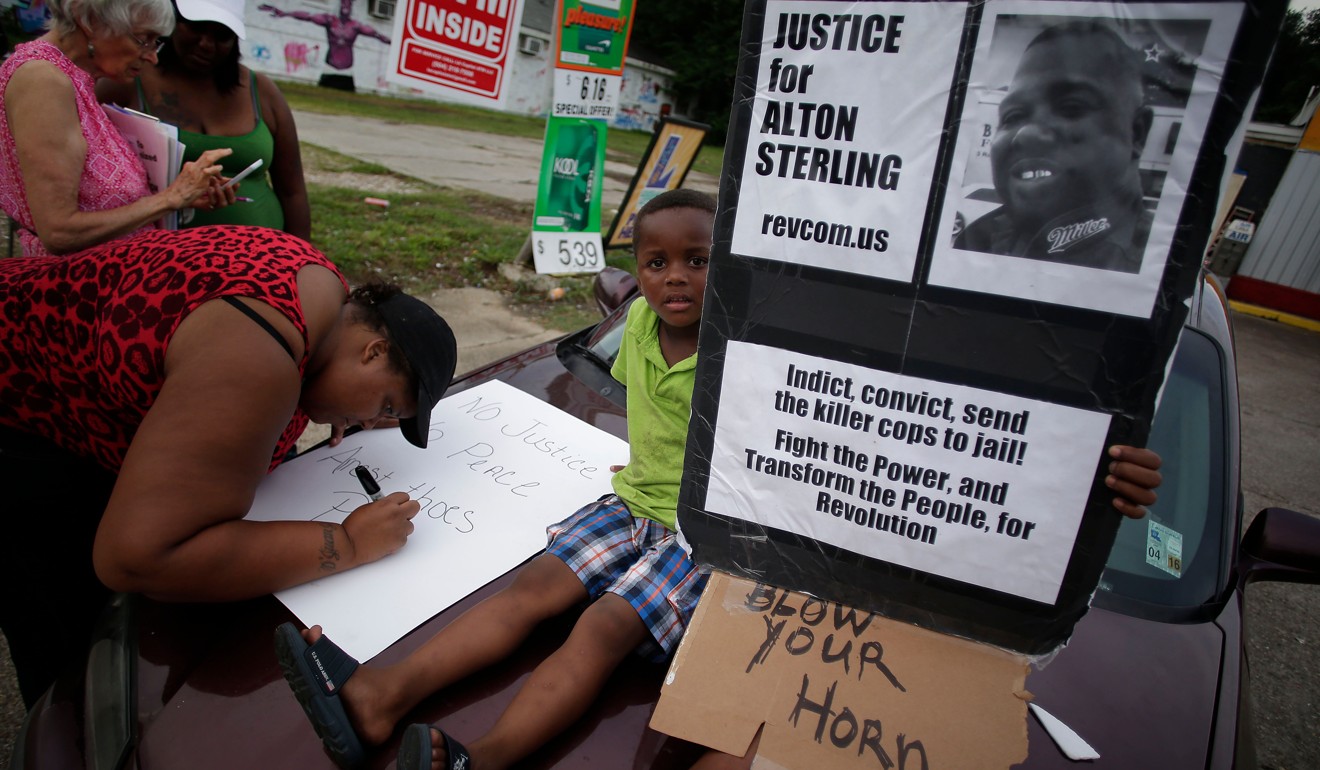
A day after Sterling’s death prompted outrage and protests, an officer in Minnesota shot and killed Philando Castile, a school cafeteria worker, during a traffic stop, the aftermath of which was streamed live on Facebook.
That same week, five police officers in Dallas were gunned down by a black man angry at police, and just days later, another gunman killed three officers in Baton Rouge.
After the Justice Department said in May 2017 it would not pursue charges, Landry said he would supervise a state probe into the shooting.
His office took over a state investigation into whether the officers would face criminal charges after Hillar C Moore III, the prosecutor for East Baton Rouge, recused himself from the investigation.
Moore had a prior relationship with Salamoni’s parents, both of whom worked with the Baton Rouge police.
In explaining why it took so long for the state to announce its decision, Landry said on Tuesday that his office was “effectively sidelined” during the federal probe because it was closed off to Louisiana officials.
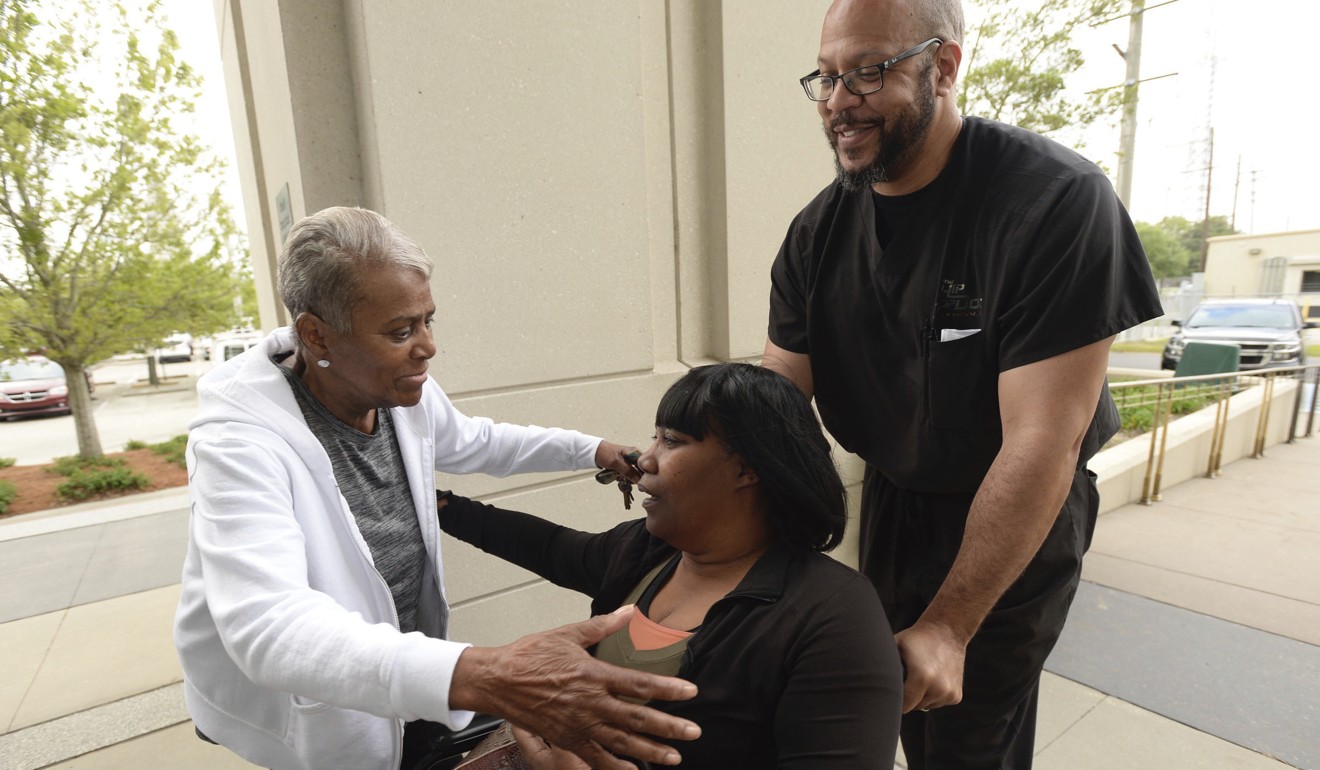
Sterling’s relatives and their lawyers assailed the decision, noting that they would continue pressing the case through a civil lawsuit filed last year.
“The system failed us,” Sandra Sterling, his aunt, said during a news conference. “He was not a monster … This was a family man. A family man.”
Murphy Paul, the Baton Rouge police chief, said his department would continue its administrative review of how both officers acted to determine whether any policies or procedures were violated.
He said that the department hoped to conclude that process by Friday.
“We’re asking our community for just a little more patience,” Paul, who was sworn in as police chief in January, said at a news conference after Landry spoke.
Since 2005, 85 non-federal law enforcement officers – a group that includes police officers, state troopers and deputy sheriffs – have been arrested for murder or manslaughter after fatally shooting someone while on duty, according to Philip Stinson, a criminologist at Bowling Green State University in Ohio, who studies arrests of officers and has kept data since that year.
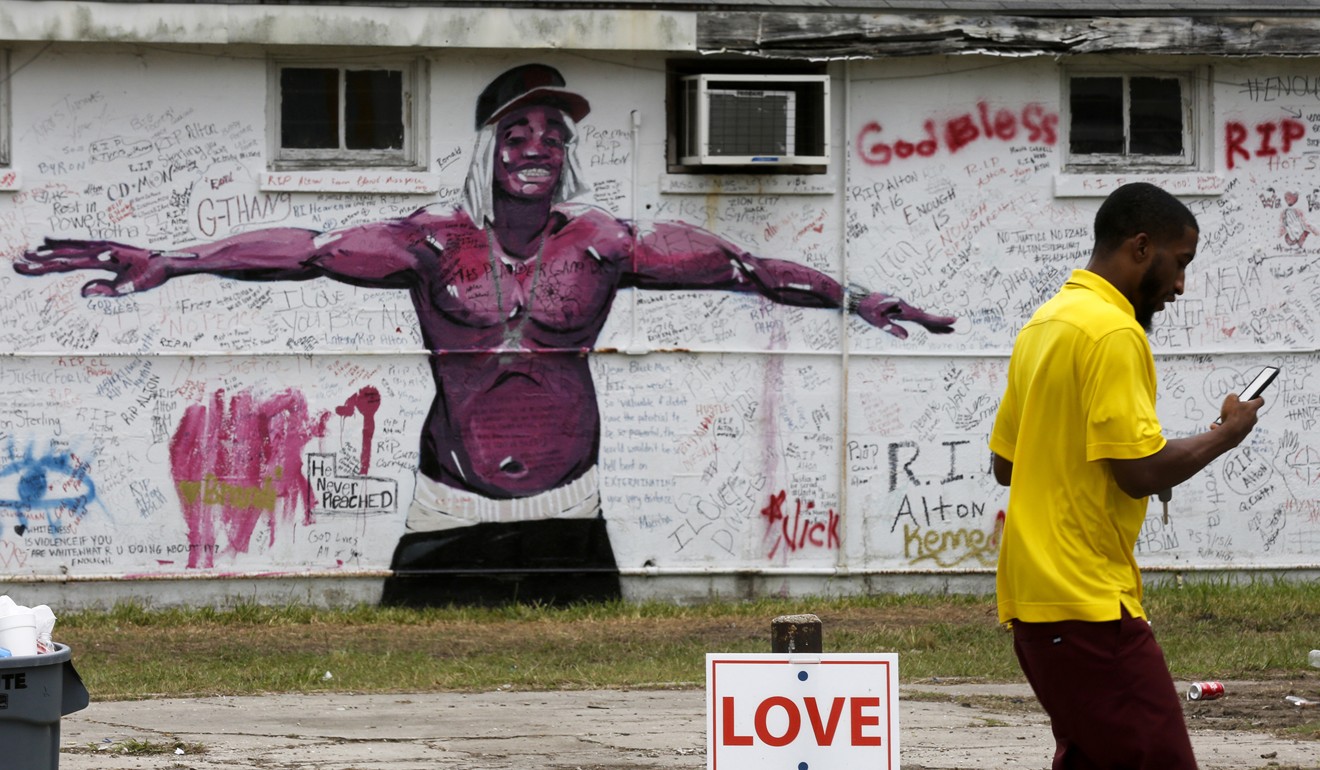
Of those officers, 41 have not been convicted, most of them acquitted by juries or during a bench trial, he said.
Another 32 officers were convicted of a crime, half through guilty pleas and the other half by juries, though several were convicted of lesser charges, Stinson said.
Some fatal shootings still prompt widespread media attention, including the death earlier this month of Stephon Clark, an unarmed black man shot and killed by police officers while in his grandmother’s backyard in Sacramento, California.
The death of Clark, who was holding an iPhone at the time that police said they mistook for a gun, has given rise to extended protests in that city.
California’s attorney general, Xavier Becerra, said on Tuesday that at the Sacramento police chief’s request, his office would “provide independent oversight” of the probe into Clark’s death.

